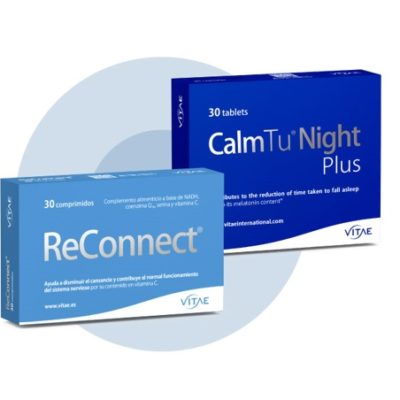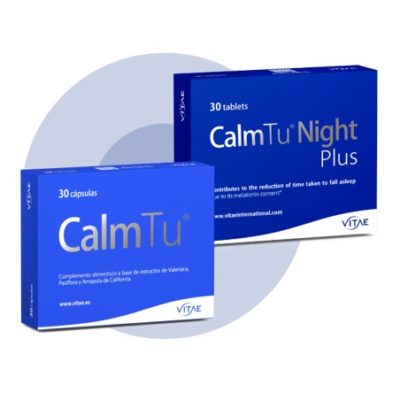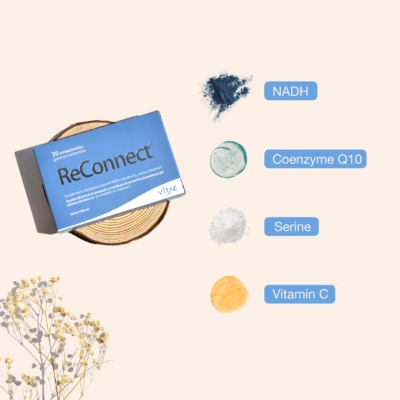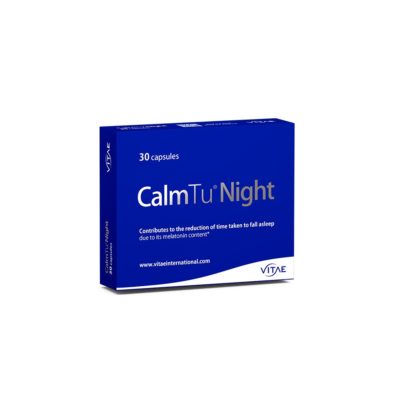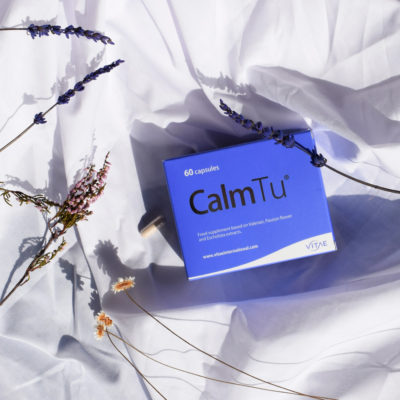Stress and anxiety is the “evil” of our century. We live immersed in the midst of chaos and a super changing world that does not allow us to think about or connect with ourselves. This world that demands almost inhuman speed from us and that has made us forget the irrefutable fact that we are animals and, whether we like it or not, are part of nature. All this has caused serious damage to our mental state, endowing us with insecurities, unnecessary damage and a high load of anxiety. A constant state of alert should not be common, the natural feeling should be to be calm and live in the midst of the neutrality of the world around us.
We have spoken with the psychologist Toni Mateo, founder of Inpside, a psychological consultation oriented to cognitive behavioural therapy and adapted to our times. He believes therapy has to be something quick and effective that allows us to improve our day to day.
- Before starting, what cognitive behavioural therapy means? Why are you applying it in your practice?
In a simple way, cognitive behavioural therapy is a psychotherapeutic proposal based on the relationship between thinking and behaviour. This approach understands that our primary skill is the ability to explore and collect information. The meaning that we give to each of the events we go through in our lives, results in a series of mental patterns that guide our behaviour.
That is how our way of seeing the world, our way of interpreting reality, our point of view, our references and values are created. It is a highly automated process and almost without realizing it, we adopt our own style of understanding, feeling and doing. If that own style is broad enough, flexible and adaptive, we will face complex situations and solve the challenges we face. But if it is not, difficulties may arise.
The best thing about this way of understanding what is happening in our head and our way of reacting is that it considers the person as an active agent. This means that you will have the option to change that way of seeing and interpreting reality, because, and this is very important, everything is learned.
The psychological change, and the consequent change in behaviour, will go through the modification of these schemes, the creation of new ones in an active learning process and, of course, the implementation of protocols.
- What is stress? How cognitive behavioural therapy deals with stress?
Stress is what happens to our body when outside conditions challenge our own body and brain. This implies that a group of resources will be mobilized to face these conditions or stimuli. The body and brain will hold up to a certain limit. Within that limit, stress does not have to be negative. In fact, it is a benefit, since by activating it, it allows us to face challenges. But if that challenge is sustained over time, becomes more demanding or exceeds our resources, then the negative consequences appear.
Cognitive behavioural therapy copes with stress through learning and practicing necessary skills to manage it. The person must create a new repertoire of resources in order to remain productive. These resources are aimed at knowing what kind of stress is and how it affects the organism, how to relate to the focus of stress, how the regular activation that it implies so that it does not become harmful, how to detect and manage thoughts that can feed these negative feelings, how to face what one feels in a way that is beneficial for both him and his environment, how to face problems in order to get used to finding feasible solutions and their subsequent implementation and evaluation, and, finally, how to consolidate all those learnings to protect ourselves from the negative effects of stress and anxiety
- Tell me about anxiety, the most direct consequence of stress
Anxiety is a set of feelings and thoughts related to a situation of possible threat. Therefore, it is an anticipatory and automated reaction, it is a sign that something is in imminent danger and some action must be taken to protect yourself. That said, it does not have to be something negative. In fact, it is what has allowed us to continue to exist as a species by being able to react to threats from the environment before they destroy us. It is the type of reaction, as well as the set of ideas that justify that reaction, that classify beneficial or harmful anxiety.
If anxiety is a protection system, harmful anxiety will go against us. It then becomes overprotection, either for specific aspects of our lives or for everything in general.
- Does anxiety have a solution? Can we learn to live differently?
As I have said, anxiety does not have to be a problem and you cannot live without anxiety. You have to learn to regulate it and set the appropriate limits. The biggest problem that can be derived from poorly regulated anxiety is creating the dynamic to live with too much anxiety. This involves seeing threats where there are none and this will definitely make your daily life tougher.
Poorly managed anxiety can become a parasite that feeds on fear. Anxiety is quite resistant and twisted, is very deceitful and knows how to manipulate your thoughts. Because of that, patients with anxiety get trapped in a negative and irrational loop.
- What other pathologies can cause sustained stress over time?
Stress, whether at specific moments or sustained over time, can cause significant physical damage and mental health disorders. It is like an instant pot that we leave on the fire, in the end it explodes. And it will burst where it is most vulnerable. From mood disorders and emotional imbalances, to digestive, muscular problems, or those derived from over-excitation of the nervous system. Stress is an emergency response that must be limited in time and of adequate intensity.
- Apart from physiological therapy, what other changes in our daily life could we make to live calmed and relaxed?
Living in peace implies giving the necessary response at the right time. To do this, you have to experiment with your own brain and body and see how it feels in different situations.
Of course, this must be accompanied by other self-protection resources: regular physical activity, balanced diet, hobbies, healthy social relationships, interesting job, among others.
Of course, all this will not prevent 100% having a bad time, but it will protect and prevent. Furthermore, those bad moments, always within adequate limits, are necessary, since something can be learned from them.
- What do you think of food supplements? What can be useful in the battle against stress?
Food supplements can be a good ally for stress management as they can facilitate the process. We must keep in mind that various factors, such as a genetic predisposition to develop stress and anxiety responses, personality or prolonged and consolidated learning over the years can become major obstacles.
Food supplements for stress and anxiety can help minimize and allow the incorporation of new, more adaptive, and therefore more beneficial, responses.


